Hello in Chinese – 25+ Chinese Greetings to Sound Like a Native
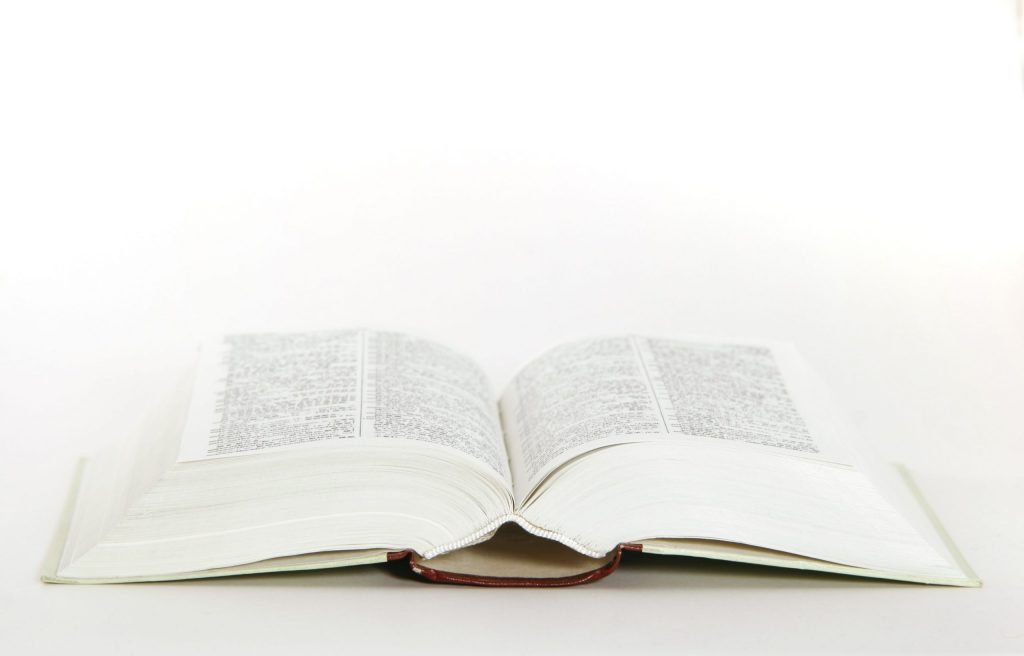
So you want to know: “How do you say hello in Chinese?”
I’d like to show you how to master Chinese greetings so you’ll know how to say “hello” in Chinese.
Saying “hello” is usually the first thing you learn when studying a new language. It’s one of the most basic things to learn and it’s typically very easy.
But it can be a little trickier than it seems, as there are lots of different ways to say “hello”.
In this post, I’ll show you a range of Mandarin greetings – from “good afternoon” in Chinese to “What’s up?” in Chinese.
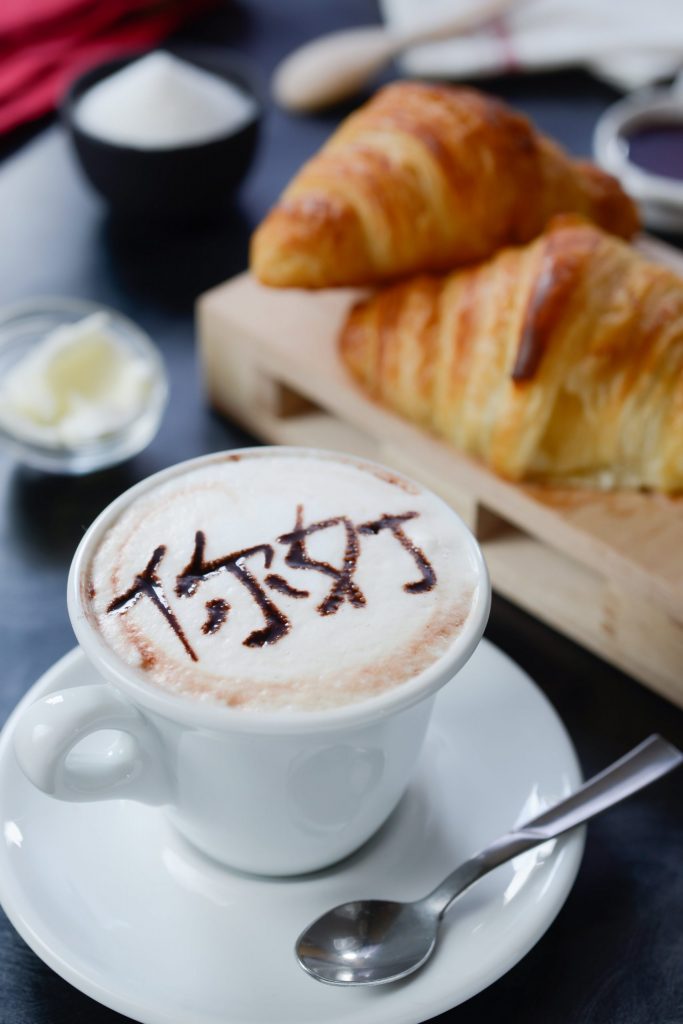
1. “Hello” in Chinese – 你好 (nǐ hǎo)
One of the first words you’ll learn when studying Chinese is 你好 (nǐ hǎo), which literally means “you good”.
If you’re already learning Chinese, your experience may be similar to mine – every time someone hears I can speak Chinese they go: “Oh, say something in Chinese! What is it… I know I know! Nǐ hǎo! Right?”
Long story, short: nǐ hǎo is the most basic way of saying “hello” in Chinese.
It’s not wrong to say nǐ hǎo. But you’ll rarely hear native Chinese speakers use this phrase.
It would probably be like saying “Greetings” in English – nobody really uses it anymore, but it’s still acceptable and people understand it.
Feel free to use 你好 (nǐ hǎo) – at least until you learn new ways of saying “hello” in Mandarin Chinese.
But don’t stop there! I want to show you how to say “hi” in Chinese and how to use other greetings in Chinese.
So, if you want to sound more like a native, and to maybe impress your Chinese friends, learn some of these Mandarin Chinese greetings:

您好 (nín hǎo) – “Hello”
This is a more polite way to say “hello” in Chinese.
You might already know that 您 (nín) is the formal “you” form. You use it in Chinese when talking to older people or people you have respect for.
Most likely, if you lose the one “n” at the end of “nín” and say 你好 (nǐ hǎo) instead, nobody will get upset with you.
But be aware, a lot of older and traditional Chinese people will appreciate if you use 您 (*nín).
你吃了吗? (Nǐ chīle ma?) – “Have you eaten?”
When you translate the phrase character by character, it means “Have you eaten?”
But this is one of the most common ways to say “hi” in Chinese.
Native Chinese people use it very often, and although sometimes they actually want to ask you if you’ve had your dinner or not, most likely they’re just greeting you.
You can answer by saying: 吃了 (chīle, “I have”). This is your way of saying “hi” back.
It’s polite to say 吃了, and if you know the person well, you can continue with a conversation.
You could also say 没有 (méiyǒu, “I haven’t”), which would actually let them know you’re hungry and want to eat!
你吃过饭了没有? (Nǐ chīguò fànle méiyǒu?) – “Have you eaten (rice)?”
This has the same meaning as the previous phrase, but it’s a bit longer.
饭 means “rice” or “food”, and so it might be translated literally as “Have you eaten rice?” or “Have you eaten food?”.
But, again, it’s just one of the most common greetings in Mandarin Chinese.
It’s like saying “Hello, how are you?”. It’s just that Chinese people prefer to use food-related expressions. Their culture and relationships are about food.
But remember — the question doesn’t mean they’re actually interested in whether you’ve had rice today or not.
You can answer similarly to the previous question: 吃了 (chīle, “I have”) or 吃过了 (chīguòle, “I ate”).
Both of these literally mean “I have eaten”, but you’re just saying “hi” back to them.
大家好 (dàjiā hǎo) – “Hello everyone”
This phrase is used when saying “hi” in Chinese to a bigger group of people.
The literal meaning is “everyone good?” and is a substitute to 你好 (nǐ hǎo).
You probably wouldn’t use 大家好 when greeting just two people, but it wouldn’t be completely wrong. To be on the safe side and sound more like a native, make sure you only use 大家好 when greeting three or more people.
你们好 (nǐmen hǎo) – “Hello everyone”
Similar to the greeting above, this Chinese greeting is used to say “hello” to a group.
In English it means “everyone good”, just like 大家好 (dàjiā hǎo).
你们好 (nǐmen hǎo) is the greeting to use with a group of two people, but feel free to use it with bigger groups, too. A Chinese teacher or an older person might correct you, but it’s not wrong to use this phrase when saying “hi” in Chinese to more than two people.
Comparing this with the previous phrase, you’re more likely to hear 大家好 (dàjiā hǎo), as it’s a bit less formal.
久仰 (jiǔyǎng) or 久仰大名 (jǐu yǎng dà míng*) – “Hello, nice to meet you”
This is a very polite way to say hello in China.
It means “I have been looking forward to meeting you for a long time.” Or even “I have been admiring you for a long time.”
This greeting is usually used when meeting someone you really want to or need to be polite with. It’s not a common way to say “nice to meet you” or “hi” among friends.
It’s likely that you won’t ever need to use 久仰大名 if you’re learning Chinese for fun, traveling or other casual reasons. Unless you’re planning to meet some Chinese celebrities!
幸会 (xìng huì) – “Nice to meet you”
This is a more colloquial and common way among people who are the same age and position as you; your peers.
It’s really just “nice to meet you” when you meet someone for the first time and shake their hand.
You can use this phrase with older people as well.
It wouldn’t be wrong to use 幸会 with a friend’s parents or a teacher, either.
喂 (wéi) – “Hello”
This means “hello” in Mandarin, and you use it when picking up the phone.
喂 can be used in two tones – wèi and wéi. Wèi is more used as a “hey” than “hello” answering the phone.
If you know that you have to be careful about how you answer the phone, stay on the safe side and use wéi. That way, you won’t offend anyone.
Read more about tones in the Chinese language here.
怎么了 (zěnmeliǎo or zěnmele) – “What’s Up?”
This Chinese greeting is mostly used among friends and young people. It means “How are you?” or “What’s up?”.
You won’t hear older people using this phrase and they might either not understand it, or even get offended if you use it with them.
Comparing to English “what” in the phrase, 怎么 means “how” in Chinese, but the meaning stays the same.
了 is a modal particle used in Mandarin Chinese to intensify a completed action. For example, 你吃了吗? shows that the person asking the question is curious to see if you’ve eaten/ate in the past, but not asking if you’re eating now.
In 怎么了 (“What’s up?”), a literal translation of “up” is not needed; 了 serves as “up” in this case.
哈罗 (hā luō) – “Hello”
Does it remind you of something?
Yes, you got it.
哈罗 is a Chinese version (transliteration) of “hello”.
Chinese people love to come up with transliterations of English words and incorporate them into their language quickly.
哈罗 is not the only one they borrowed from English.
With all these transliterations, you might not hear them often among older people. But you can be almost 100% sure your younger friends will know them.
Have a look at these ones:
嗨 (hāi) – “Hi”
If you want to know how to say “hi” in Chinese, well, this one is it.
Similar to 哈罗, this greeting is how you say “hi” in Mandarin using the sound of the English “hi”. Even the character is a special one for this greeting – it doesn’t mean anything else than “hi”.
嘿 (hēi) – “Hey”
A third familiar word!
You guessed it, this is “hey” transliterated into Chinese.
出去玩吗? (Chūqù wán ma?) – “Hello/How are you?”
This phrase literally means “Do you want to go out to play?” If somebody asks you this, don’t be too surprised. They are actually not asking you if you’re going out to play, but rather to see where you are going.
Most likely they either want to join with you in what you’re doing, or they are just saying hi.
You can answer by saying hāi, “Hi”. Or you can say something like 我要和朋友出去玩, 加入我们 (Wǒ yào hé péngyǒu chūqù wán, jiārù wǒmen) – “I’m going out with a friend, join us!” or ”Would you like to join us?”.
去哪? (Qù nǎ?) – “Where are you going?”
In English, this seems a bit nosy and might raise eyebrows. But it is a common way to say “hello” or “how are you?” in Chinese. And sometimes, your conversation partner will actually expect you to say where you are going!
For example, if you meet some in the afternoon on the street who uses this phrase, you can reply 从学校接回孩子 (Cóng xuéxiào jiē huí háizi) – “Picking up kids from school”.
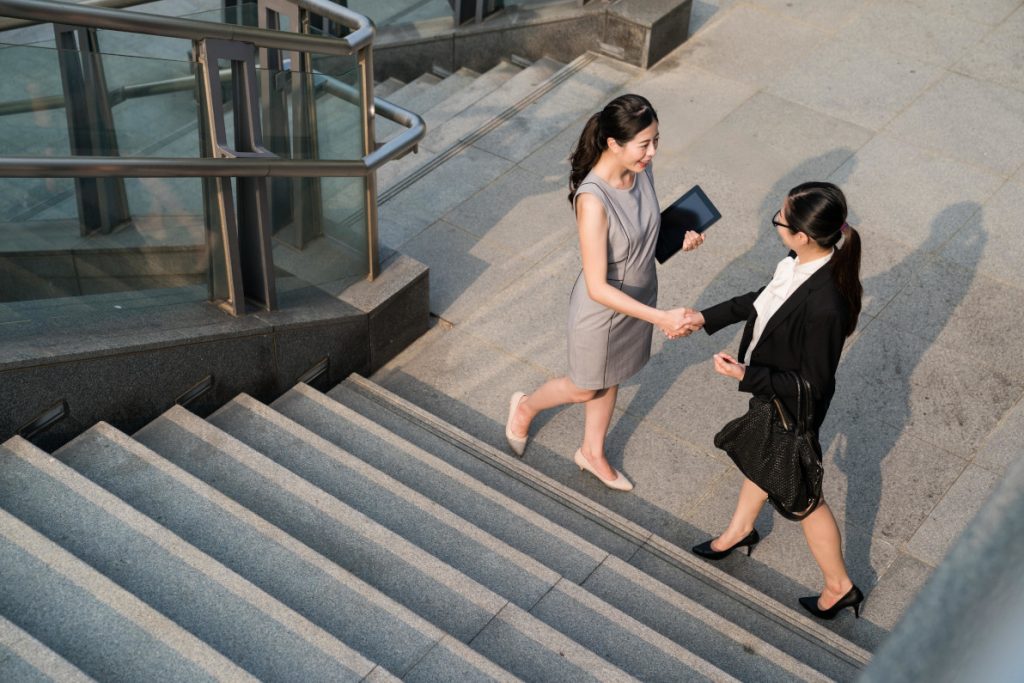
你好吗 (Nǐ hǎo ma?) – “How are you?”
This Chinese greeting is a way of saying “How are you?” in Chinese. It literally translates as “Are you good?”
In China, greeting words often include 好. It’s like saying “Good morning” or “Good afternoon” in English, but Chinese also use 好 in questions like this.
Usually, when you want to ask someone how they are doing, ask them if they’re good.
好久不见 (Hǎojiǔ bùjiàn) – “Long time no see!”
As in English, you’d use this phrase to start a conversation with an old friend or someone you haven’t seen in a while.
After you say 好久不见, carry on the conversation with asking how have they been; the next phrase is perfect to use in such a situation:
最近好吗? (Zuìjìn hǎo ma?) – “Have you been good lately?” or “How have you been lately?”
最近 (zuìjìn) means “lately” or “recently”. You should use 最近好吗? only if it’s been a while since you’ve seen the person. A good rule of thumb is more than a week, preferably longer.

“Good morning” in Chinese – 早上好 (zǎoshang hǎo)
This is a straightforward way to say “good morning” in Chinese. 早上 (zǎoshang) means “morning” and we already know that 好 (Hǎo) means “good”.
This greeting is pretty much the same as “good morning” in English, but with “good morning” in Chinese, the time of the day (morning, afternoon, etc.) comes first – before “good”.
Be careful when you use this particular greeting – 早上 (zǎoshang) is mostly used between 8 AM and about 10 AM (early morning).
早! (Zǎo!) – “Morning”
This is a shorter and casual version of 早上好 (ǎoshang hǎo, “good morning”). It means “Morning!”.
上午好 (shàngwǔ hǎo) – “Good morning”
When saying “good morning” in Mandarin Chinese, you need to be careful about the different variations.
上午 (shàngwǔ) is late morning, so when 早上 (zǎoshang, “early morning”) is gone, use this greeting.
The right time to use 上午好 (shàngwǔ hǎo) is between 10am and 12pm.

“Good afternoon” in Chinese – 下午好 (xiàwǔ hǎo)
This is the most common way to say “good afternoon” in Chinese. 下午 (xiàwǔ) refers to the time after lunch and before dinner – most likely after 6 PM you won’t hear 下午好.
So, the time of day in which you can use 下午好 is between 12pm and 6pm.
晚上好 (wǎnshàng hǎo) is “good evening” in Chinese. It can mean “good afternoon”, but it’s mostly used after 6pm.
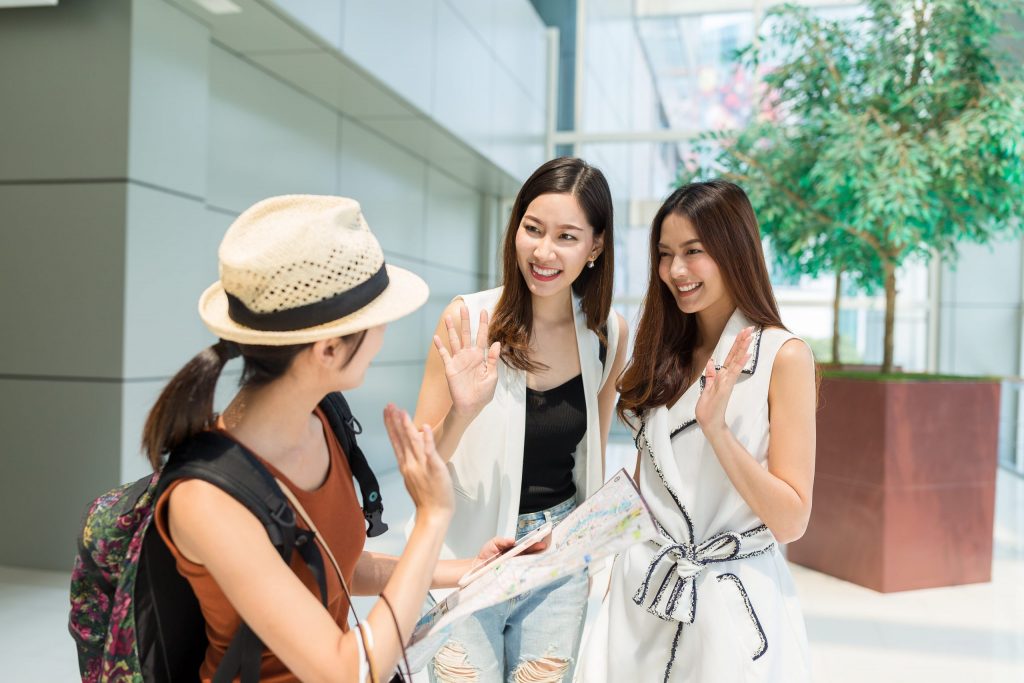
“Goodbye” in Chinese – 再见 (zàijiàn)
The literal meaning of this phrase is “See (you) again.” If you’re a beginner learning how to say “goodbye” in Chinese, this is the phrase you’re likely to learn first.
It’s commonly and widely used, and you can use it even if you don’t expect to see the person again.
拜拜 (bàibài*) – “Bye”
Similarly to 嘿 (hēi), 嗨 (hāi) and 哈罗 (hā luō), 拜拜 (bàibài) is taken from English and it has the same pronunciation as “bye-bye”.
拜拜 is very common especially in Taiwan, where all the young people barely use 再见 anymore. Don’t forget though, always say 拜拜 – both “byes”.
拜 means worship or respect, and it might be used as a greeting, but by saying 拜拜, you will sound like a native.
How do you say “Hello” in Mandarin Chinese?
Next time someone asks you this, you don’t have to stick to 你好 (nǐ hǎo) – it’s very possible they already know that one anyway.
Now you’re all ready to surprise them with a wide range of Mandarin greetings, score well on your next exam and impress your Chinese friends.
And lastly, if this list seems a bit overwhelming and you’re not sure if you can ever speak and master Chinese, get some encouragement here.
再见 (zàijiàn), everyone!







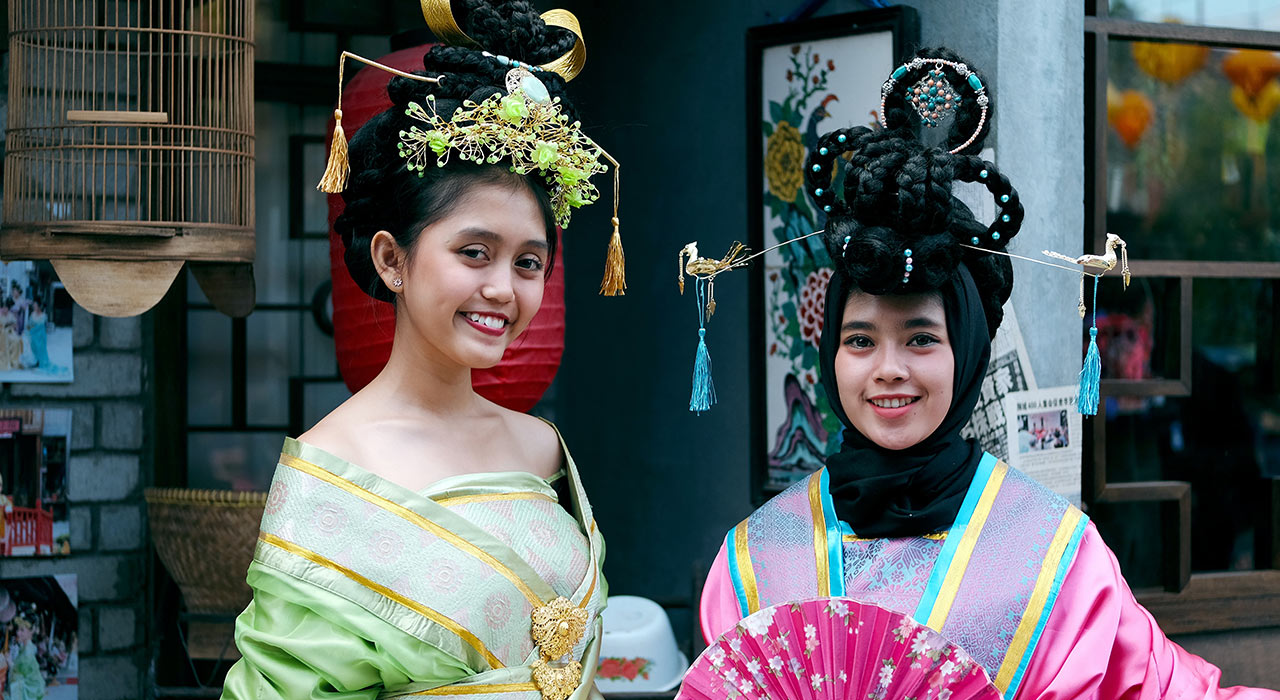

Social